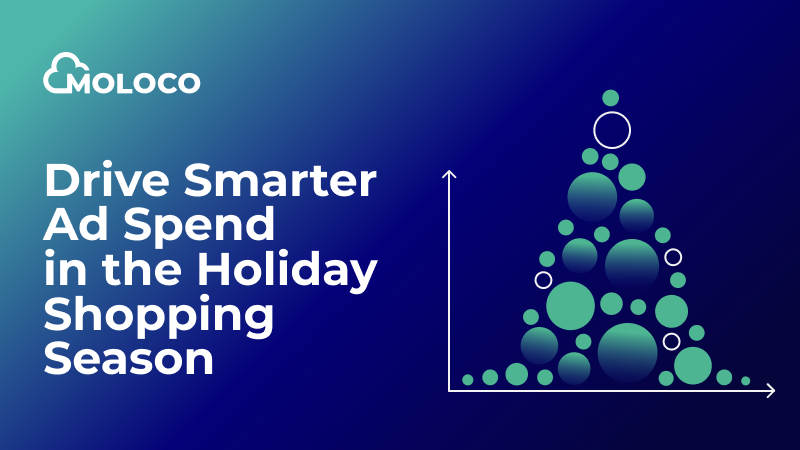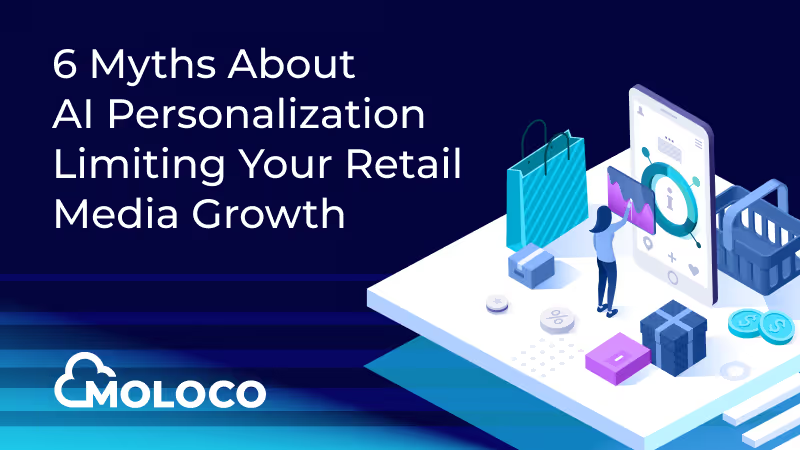Blog Article
Throughout much of the world, the e-commerce blitz has tapered off from highs in 2020 that ranged from annual growth of 25% to 60% by region. Insider Intelligence predicts that e-commerce sales will only grow by around 5% in Europe and 10% in North America and Asia-Pacific in 2022. Plus, only 15% of all retail sales in the US this year will come from e-commerce, compared to 45% in China and 36% in the UK.
But there’s a fast-growing, relatively new opportunity in e-commerce marketplaces: retail media, or placing ads on e-commerce shopping sites. In fact, retail media ad revenues in the US will reach $60 billion by 2024, according to Insider Intelligence. Globally, it presents a $100 billion market within five years, based on forecasts by the Boston Consulting Group. As consumer behaviors shift post-pandemic, merchants are investing in new strategies to make their products more discoverable to more relevant shoppers, closer to the point of purchase.
Much of this growth comes from changes in the ways consumers shop online: we’re searching directly on both large and niche e-commerce marketplaces, rather than general search engines like Google, Naver, and Baidu. Another major factor is tightening data and privacy policies, both from macro-level regulations and from online platforms themselves. Especially with the deprecation of third-party identifiers like tracking cookies that merchants have relied on to target consumers, social media platforms, and streaming media sites, retail media are increasingly crucial and incredibly efficient revenue channels for advertisers and marketplaces alike.
In today’s privacy-first digital world, brands and merchants are looking for new ways to reach their audiences and allocate their ad budgets effectively. As third-party data becomes inaccessible in a soon cookieless world, e-commerce sites offer brands and merchants a new solution: advertising capabilities based on highly relevant, voluntary, accurate, and secure first-party shopper behavioral data. In short, if you do not offer a channel for sales and discoverability, advertisers will shift their budgets to marketplaces that do.
Not only does retail media boost overall revenue, it can also improve the shopping experience. When ads are served based on relevance, they help shoppers discover items that will not only interest them, but that also align to their specific buyer journey and likelihood to spend during the current visit. According to a 2021 study, almost a third of US online shoppers found sponsored ad listings on Amazon helpful, while over 11% said sponsored ads are aligned with personal shopping habits. In comparison, less than 10% said sponsored ads were invasive, and just 4% described them as untrustworthy.
In addition, a separate study from Feedvisor found that around half of “shoppers aged 27-40 say they always or frequently buy the first product listed on an Amazon search engine results page,” which is a position largely occupied by sponsored product ads. Further, 55% of shoppers said they notice the ads in Amazon search results, and 91% of Amazon shoppers said the ads in search results are relevant to them.
The truth is Amazon’s ads business sets the standard because it was able to leverage its massive machine learning and infrastructure capabilities. With machine learning models, Amazon shows highly relevant ads to shoppers by using only its own first-party data, rather than relying on third-party cookies.
This is a critical factor that gets overlooked in retail media. Without sufficient technology in place for targeting and optimization, an ads business will face one of two (or both of two) likely fates:
Identifying the opportunity and being able to capture it are totally different things. Marketplaces must offer ad serving capabilities that enable their advertisers to drive campaign performance and actual conversions.
This was a key focus for Bucketplace, a leading technology platform in the home living category in South Korea. In its quest to unlock new revenue from oHouse, its fast-growing home and lifestyle marketplace app, Bucketplace determined that intelligent, targeted, and personalized advertising both generates additional benefits for users who want inspiration and an easy, non-disruptive way to shop and makes it the go-to channel for merchants who want to increase their gross merchandise value and achieve much higher ROAS.
By implementing Moloco Retail Media Platform, Bucketplace launched and scaled its retail media business within three months. Read its full success story here.
 🚀 Moloco Commerce Media Helps eCommerce Capture the Holiday Traffic Surge 🎁
🚀 Moloco Commerce Media Helps eCommerce Capture the Holiday Traffic Surge 🎁The holiday shopping season brings a massive surge of high-intent traffic to e-commerce platforms. While this spike offers incredible opportunity, many advertising systems are too slow and static to capitalize fully on the fast-changing shopper behavior.

.avif) Beyond Last-Click: How We Prove Incremental ROAS in Retail Media
Beyond Last-Click: How We Prove Incremental ROAS in Retail MediaGhost bidding reveals true retail media ROI. See how AI-native incrementality testing delivers proven results from 253% to 1,609% incremental ROAS.

 6 Myths About AI Personalization Limiting Your Retail Media Growth
6 Myths About AI Personalization Limiting Your Retail Media GrowthDiscover the truth behind 6 AI personalization myths that are holding back your retail media growth - and how to maximize your performance.

.avif) The Commerce Media Ecosystem: Where Data, AI, and Ecommerce Shopping Converge
The Commerce Media Ecosystem: Where Data, AI, and Ecommerce Shopping ConvergeEverything you want to know about the Commerce Media Ecosystem. Learn how first-party data and AI is used to drive growth for suppliers, digital retailers, and consumers.

